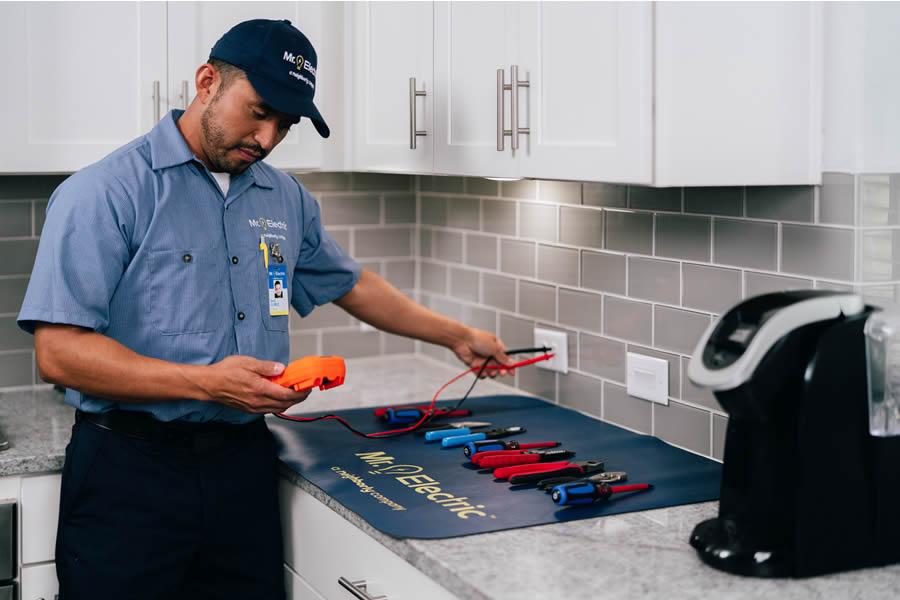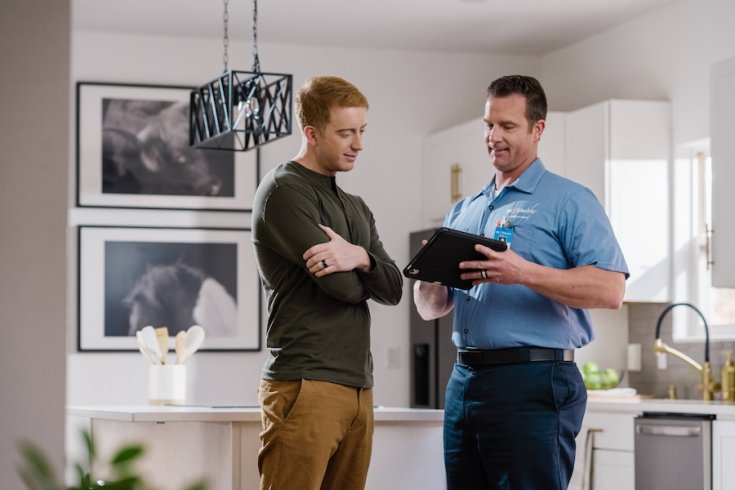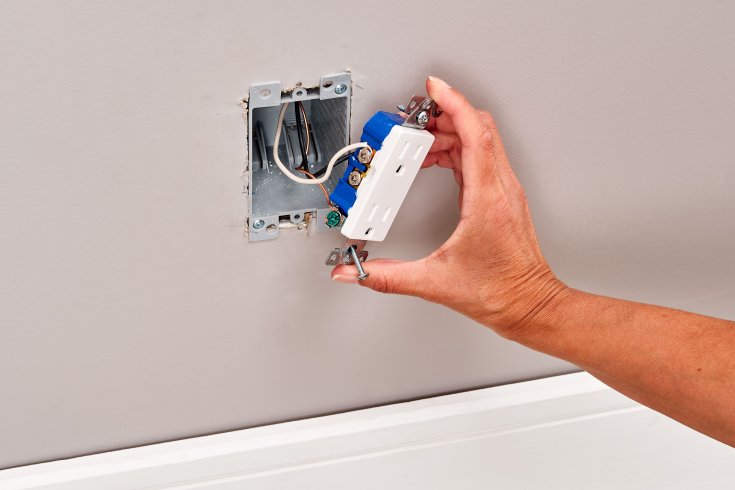With the power of electricity comes the responsibility to ensure that electrical systems are safe and reliable. According to Mr. Electric, one crucial aspect of electrical safety is grounding. Understanding grounding and its importance can help prevent accidents and the need to contact an emergency electrician.
What is Grounding?
Grounding in electrical systems refers to connecting the electrical system to the earth. This is usually done by attaching a wire, known as the ground wire, from the electrical system to a grounding rod or other suitable earth connection. The purpose of grounding is to provide a path for electric current to safely return to the ground in case of a fault, such as a short circuit.
Why Grounding is Important
The primary reason for grounding electrical systems is to protect people from electrical shocks. When an electrical fault occurs, such as a broken wire or a malfunctioning appliance, grounding provides a safe pathway for the excess electricity to travel into the ground. Without proper grounding, this excess electricity can travel through a person who comes into contact with the faulty equipment, leading to severe injury or even death.
- Protection for Appliances
Grounding also helps protect electrical appliances and devices. In the event of a power surge or lightning strike, the excess electrical energy can damage or destroy ungrounded equipment. By providing a safe path for the electricity to dissipate into the earth, grounding helps prevent this damage, extending the life of your appliances.
- Stability for Electrical Systems
Grounding contributes significantly to the stability of an electrical system by helping maintain an even voltage level, which is essential to proper device operation and operation without interruption or frequent malfunctions, thus decreasing repair service needs, improving system operability, and ensuring smooth and uninterrupted service provision. Systems could become unstable without it, leading to malfunctions and requiring frequent repair service calls; proper grounding ensures it runs more reliably than without it.
How Grounding Works
When an electrical fault occurs, the grounding system directs the excess current away from people and sensitive equipment and sends it into the ground. This is achieved through the ground wire connected to the electrical panel and other electrical system parts.
In many homes, the electrical panel is the central hub for grounding. A replacement panel may be necessary if the grounding system is outdated or damaged.
The Role of an Electrician
Proper grounding should always be ensured with professional help from an electrician. These professionals have the training and experience to install and maintain grounding systems correctly, replace damaged panels if they provide inadequate grounding, and conduct regular inspections to detect issues before they escalate. Thus, they can provide peace of mind while safeguarding home or business safety.
When to Call for Electrical Repair Service
There are several signs that you might need to call an electrical repair service for grounding issues. If you experience frequent electrical shocks, flickering lights, or your circuit breakers trip often, these could be signs of grounding problems. An electrician can diagnose the issue and recommend the necessary repairs or upgrades, such as an electrical panel replacement, to ensure proper grounding.
Benefits of Proper Grounding
Proper grounding offers numerous benefits, including:
- Safety: Reduces the risk of electrical shocks and fires.
- Protection: Safeguards appliances and devices from damage due to power surges.
- Stability: Maintains consistent voltage levels, ensuring smooth operation of electrical systems.
- Reliability: Reduces the need for frequent electrical repairs and extends the lifespan of electrical components.
Mr. Electric
Whether installing a new grounding system or replacing an electrical panel, a qualified electrician must ensure the job is done correctly. Regular inspections and timely services can keep your electrical systems grounded and functioning safely.








